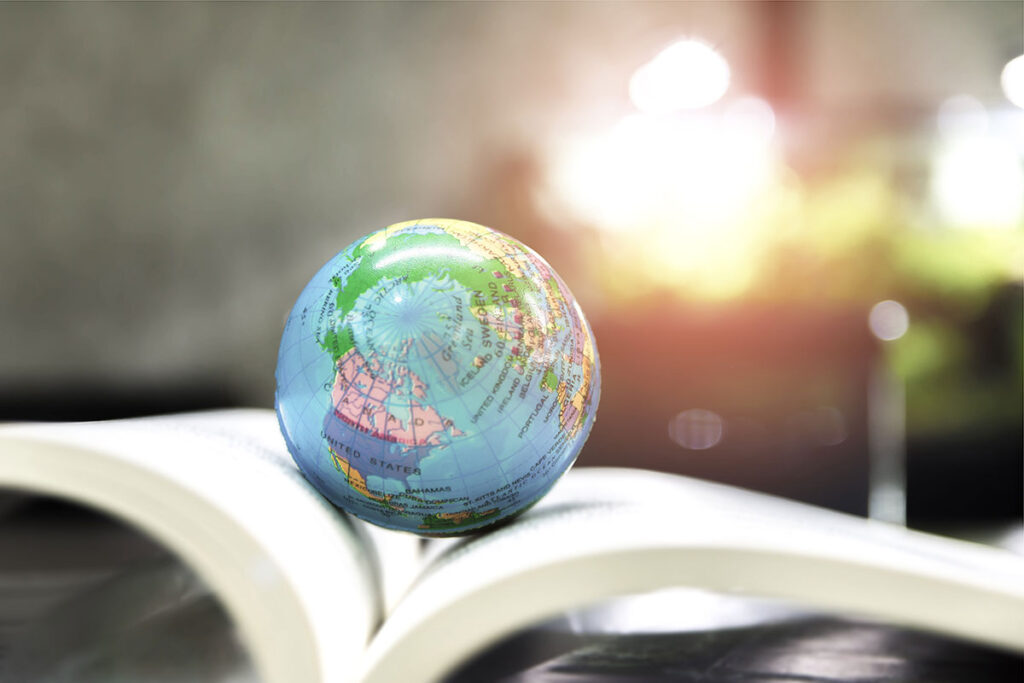Abstract
Conflicts and natural disasters affect entire populations of the countries involved and, in addition to the thousands of lives destroyed, have a substantial negative impact on the scientific advances these countries provide. The unprovoked invasion of Ukraine by Russia, the devastating earthquake in Turkey and Syria, and the ongoing conflicts in the Middle East are just a few examples. Millions of
people have been killed or displaced, their futures uncertain. These events have resulted in extensive infrastructure collapse, with loss of electricity, transportation, and access to services. Schools, universities, and research centers have been destroyed along with decades’ worth of data, samples, and findings. Scholars in disaster areas face short- and long-term problems in terms of what they can accomplish now for obtaining grants and for employment in the long run. In our interconnected world, conflicts and disasters are no longer a local problem but have wide-ranging impacts on the entire world, both now and in the future. Here, we focus on the current and ongoing impact of war on the scientific community within Ukraine and from this draw lessons that can be applied to all affected countries where scientists at risk are facing hardship. We present and classify examples of effective and feasible mechanisms used to support researchers in countries facing hardship and discuss how these can be implemented with help from the international scientific community and what more is desperately needed. Reaching out, providing accessible training opportunities, and developing collaborations should increase inclusion and connectivity, support scientific advancements within affected communities, and expedite postwar and disaster recovery.
The full study can be viewed at GigaScience.
Wolfsberger, W., Chhugani, K., Shchubelka, K., Frolova, A., Salyha, Y., Zlenko, O., … & Oleksyk, T. K. (2023). Scientists without borders: lessons from Ukraine. GigaScience, 12, giad045.
Sign up for Schaeffer Center news
